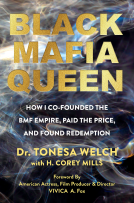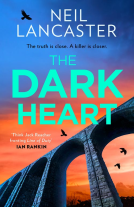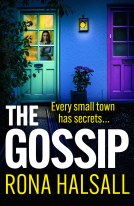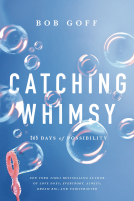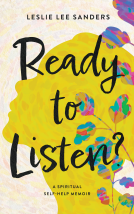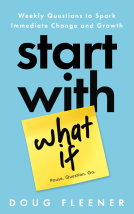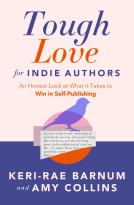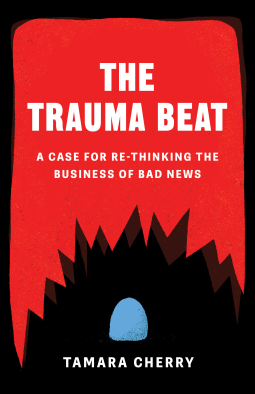
The Trauma Beat
A Case for Re-Thinking the Business of Bad News
by Tamara Cherry
This title was previously available on NetGalley and is now archived.
Send NetGalley books directly to your Kindle or Kindle app
1
To read on a Kindle or Kindle app, please add kindle@netgalley.com as an approved email address to receive files in your Amazon account. Click here for step-by-step instructions.
2
Also find your Kindle email address within your Amazon account, and enter it here.
Pub Date May 09 2023 | Archive Date Jan 09 2023
Talking about this book? Use #TheTraumaBeat #NetGalley. More hashtag tips!
Description
In The Trauma Beat, an eye-opening combination of investigative journalism and memoir, former big-city crime reporter Tamara Cherry calls on her award-winning skills as a journalist to examine the impact of the media on trauma survivors and the impact of trauma on members of the media. As Tamara documents the experiences of those who were forced to suffer on the public stage, she is confronted by everything she got wrong on the crime beat.
Covering murders and traffic fatalities to sexual violence and mass violence, Cherry exposes a system set up to fail trauma survivors and journalists. Why do some families endure a swell of unwanted attention after the murder of a loved one, while others suffer from a lack of attention? What is it like to have a microphone shoved in your face seconds after escaping the latest mass shooting? What is the lasting impact on the reporter holding that microphone? The Trauma Beat explores these issues with the raw, reflective detail of a journalist moving from ignorance to understanding and shame to healing.
Available Editions
| EDITION | Other Format |
| ISBN | 9781770416864 |
| PRICE | $21.95 (USD) |
Average rating from 30 members
Featured Reviews
Everyone knows what trauma means. How we get it, and how we deal (or don’t deal with it). This is not a book that will tell you how to deal with your trauma. This is not a self help book. Instead, this is a retelling of trauma situations by a reporter that allows you to see how the trauma of given situations is imposed upon those that meet it first hand… the police, medics, reporters, etc. A rare glimpse into the lives of others affected other than the perpetrators and the victims.
I found this to be a refreshing take and look into those situations from the first responders and people on the ground.
Highly recommended for those true crime junkies and anyone that likes to see situations from alternate points of view.
This book makes a poignant case for more trauma informed reporting for the sake both sides of the reporting, the reported on (or not reported on in some cases) and the reporters, there's a little bit about the viewers' responsibility at the end but it's definitely not a book that aims to make the news watcher feel bad. That being said I think this book is a great starting point for conversations we will need to have regarding the consumption of trauma as causal entertainment, the topic is touched briefly in the book but the focus is largely on legacy medias and it does not touch the topic of hobbyist reporters such as true crime podcasters.
The author managed to treat the topic with a lot of compassion and understanding towards all sides involved and with keeping in mind that the goal is not to ascribe blame to specific people but to question the systems that can be changed not to eliminate harm, something which the author recognizes is impossible, but to reduce it as much as possible. She also shows great humility and vulnerability in talking about her own role in those systems and her own shortcomings in applying her principles of harm reduction, something which anyone who's ever tried to apply principles of harm reduction will need to confront at one point or another in their journey.
This book brings forward questions on multiple topics outside of reporting such as how we handle the trauma of first responders and who we consider as first responders, how we prioritize the trauma of certain individuals and ignore that of others, it really does a lot of the leg work in preparing the ground for a much larger conversation on the topic of trauma.
Long story short, this book is a quick read with very emotional moments, it treats an important topic with a refreshing and down to earth, well researched approach, and I would highly recommend it to anyone who creates of consume news content.
One last thing, I received a digital ARC of this book through Netgalley in exchange for an honest review, I do not think this fact affected my review, but I would be remiss not to disclose this.

